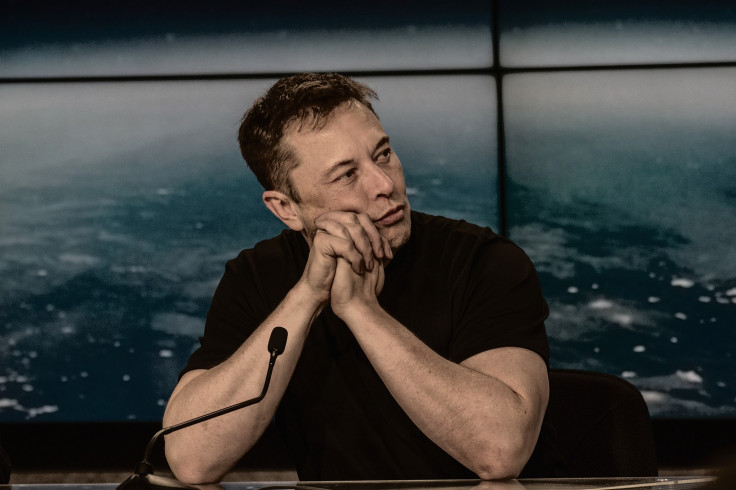Elon Musk explains why he believes humans are already cyborgs
Elon Musk claims artificial intellegence can help make things people care about better.

According to Twitter CEO Elon Musk, humans are already cyborgs. The 51-year-old billionaire entrepreneur is known for his controversial comments. To recap, he recently expressed his dislike for working from home, calling it "morally wrong."
Unsurprisingly, his new statement is gaining a lot of attention. So, people want to know what Musk meant when he stated "we are already cyborgs." It is worth noting Musk made this remark in response to venture capitalist, Mark Anderson's blog post about AI.
Elon Musk explains what he thinks is a cyborg
Musk tried to ease the "fear and prejudice" about AI in the blog post. According to the business magnate, AI is a way to "make things we care about better." A cyborg (or cybernetic organism) is a combination of both artificial, as well as biological components, according to Bionity.
This encompasses anything from a prosthetic limb to a pacemaker. Although the idea of a cyborg has been floating around for a while now, it has recently become more prevalent. Musk claims we are already cyborgs since we rely on machines to maintain our memory.
Furthermore, he implies people have a digital version of themselves online in the form of digital records, social media, and emails. Musk also pointed out that we now have access to devices like PCs and mobile phones that give us "superpowers," which weren't known just a few decades ago.
Notably, Deepmind CEO Demis Hassabis believes AGI (artificial general intelligence) is possible in a few years. In line with this, Musk claims the next step in human evolution involves unifying with digital intelligence in a symbiotic way. He pointed out that we are currently only able to interact with tech through input/output.
Is anyone calculating metrics for how much you are already A.I.
— FlynnVIN10 (@FlynnVIN10) June 11, 2023
The chief executive officer of SpaceX further suggests humans should come up with a way to simplify this interaction. Musk believes this can be achieved by merging with digital intelligence. As expected, Musk's bold statement has some major implications. First, it implies there is a very thin line between humans and machines.
Aside from this, it indicates that our connection with tech is more intimate than it was a few decades ago. We no longer use machines as tools. The folks at GizChina believe people are becoming more integrated with machines, raising questions about what it means to be human. Also, it raises concerns about the reliability of technology.
The Twitterverse reacted to Musk's tweet by taking to the comments section. According to a report by IT Home, a considerable number of Twitter users disagreed with his statement. To recap, Musk previously said artificial intelligence can destroy human beings and limit their development.
He was particularly wary of OpenAI, the company behind the widely popular AI chatbot ChatGPT. Musk was one of the co-founders of the AI company, which later turned from a nonprofit to a for-profit company. Notably, Microsoft is OpenAI's major shareholder.
Will cyborgs ever be possible?
Musk's idea of a symbiotic relationship between humans and machines is still under the category of science fiction. Nevertheless, people have previously used tech to improve their abilities. For example, some people control their prosthetic limbs with the help of brain–computer interfaces.
So, it is safe to assume that we might see more people becoming "cyborgs" in the future. However, this could lead to ethical issues since some people are likely to oppose the idea of humans enhancing their abilities beyond what is "natural." Also, there may be other risks of becoming too dependent on tech.
In the meantime, Musk admitted that Ted Kaczynski's (a.k.a. Unabomber) notorious manifesto warning of tech dangers might not be wrong. To those unaware, Kaczynski was an American mathematician and domestic terrorist, who recently died by suicide in his supermax prison.
He might not be wrong
— Elon Musk (@elonmusk) June 10, 2023
The mathematics prodigy's 35,000-word manifesto titled "Industrial Society and its Future" argues "The Industrial Revolution and its consequences have been a disaster for the human race. "Author Ashley St. Clair recently tweeted a quote from Kaczynski's manifesto, prompting Musk to reply, "He might not be wrong."
© Copyright IBTimes 2025. All rights reserved.






















